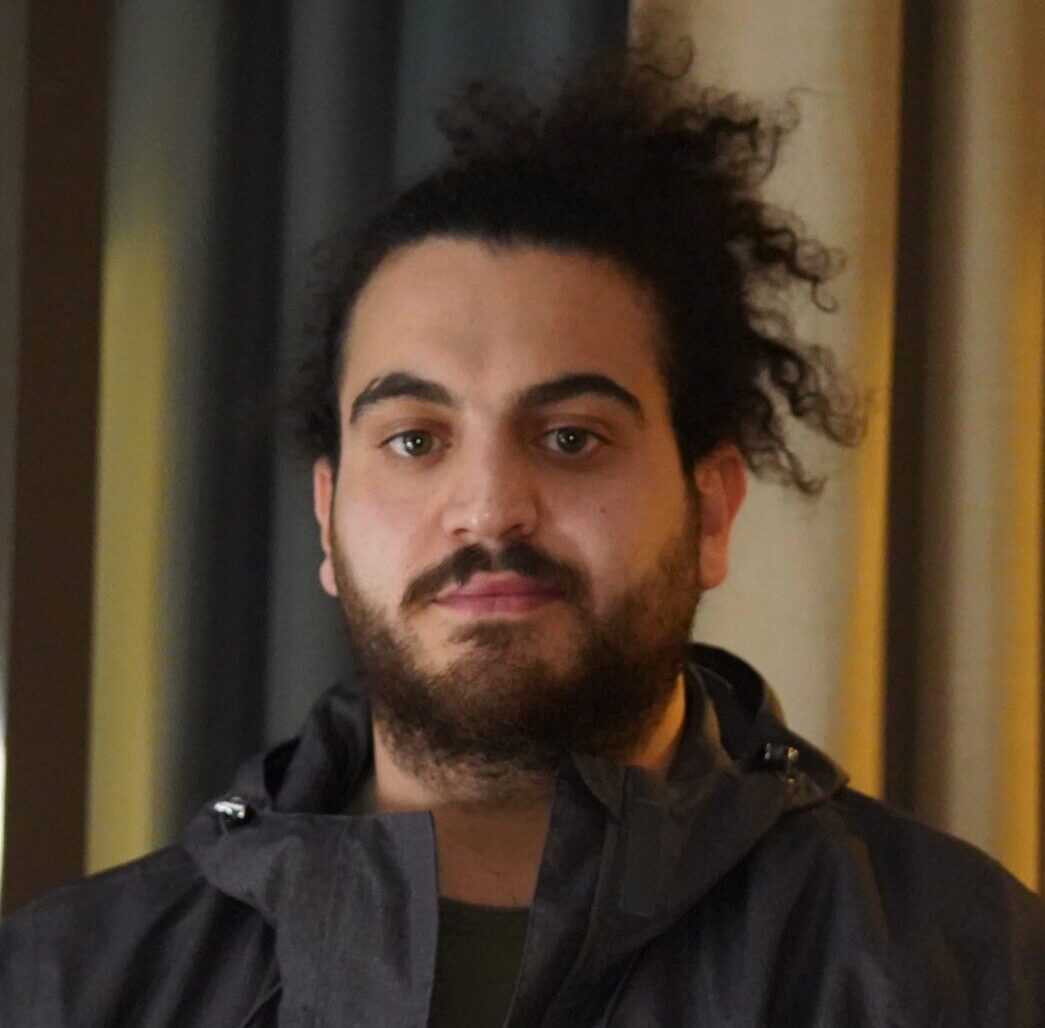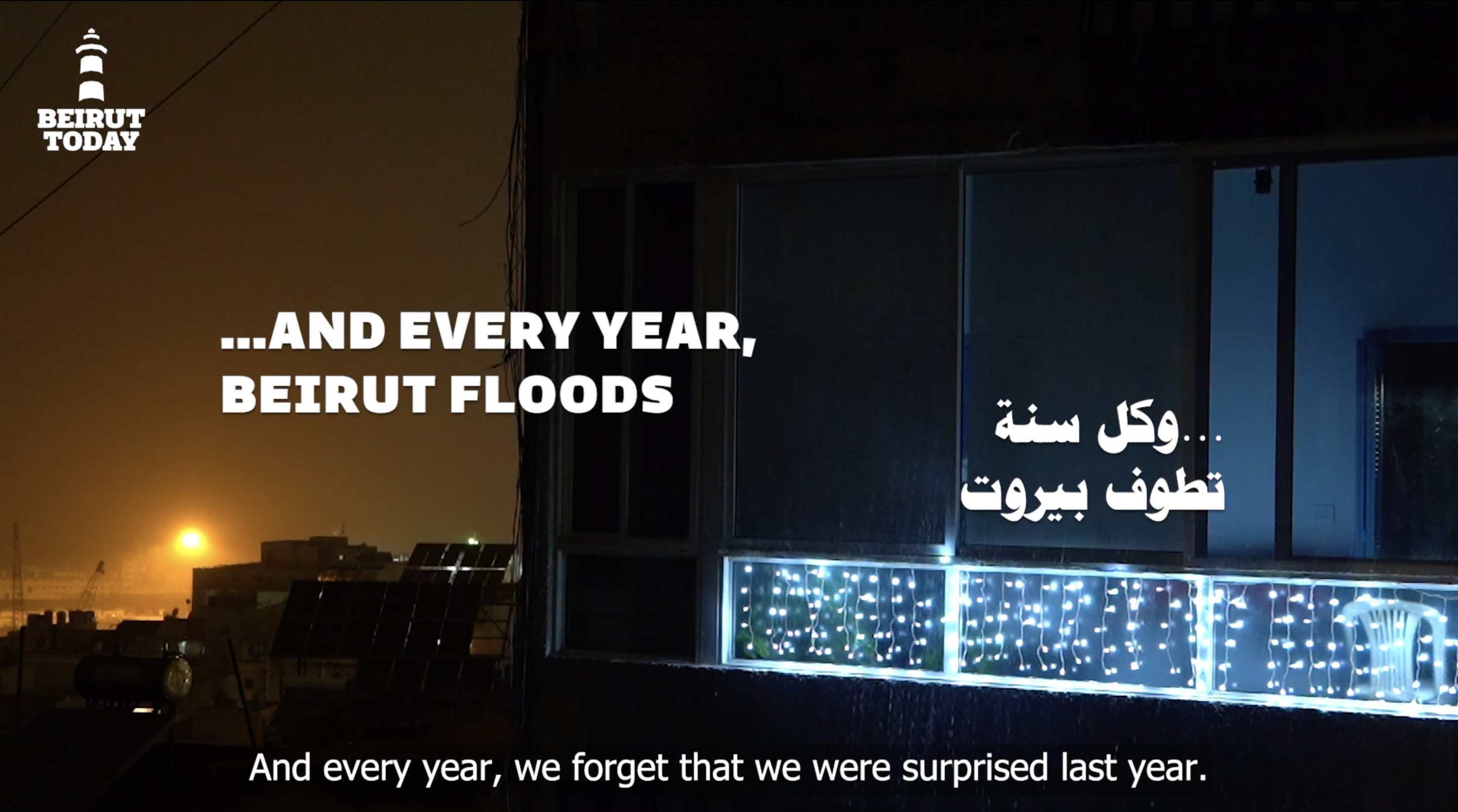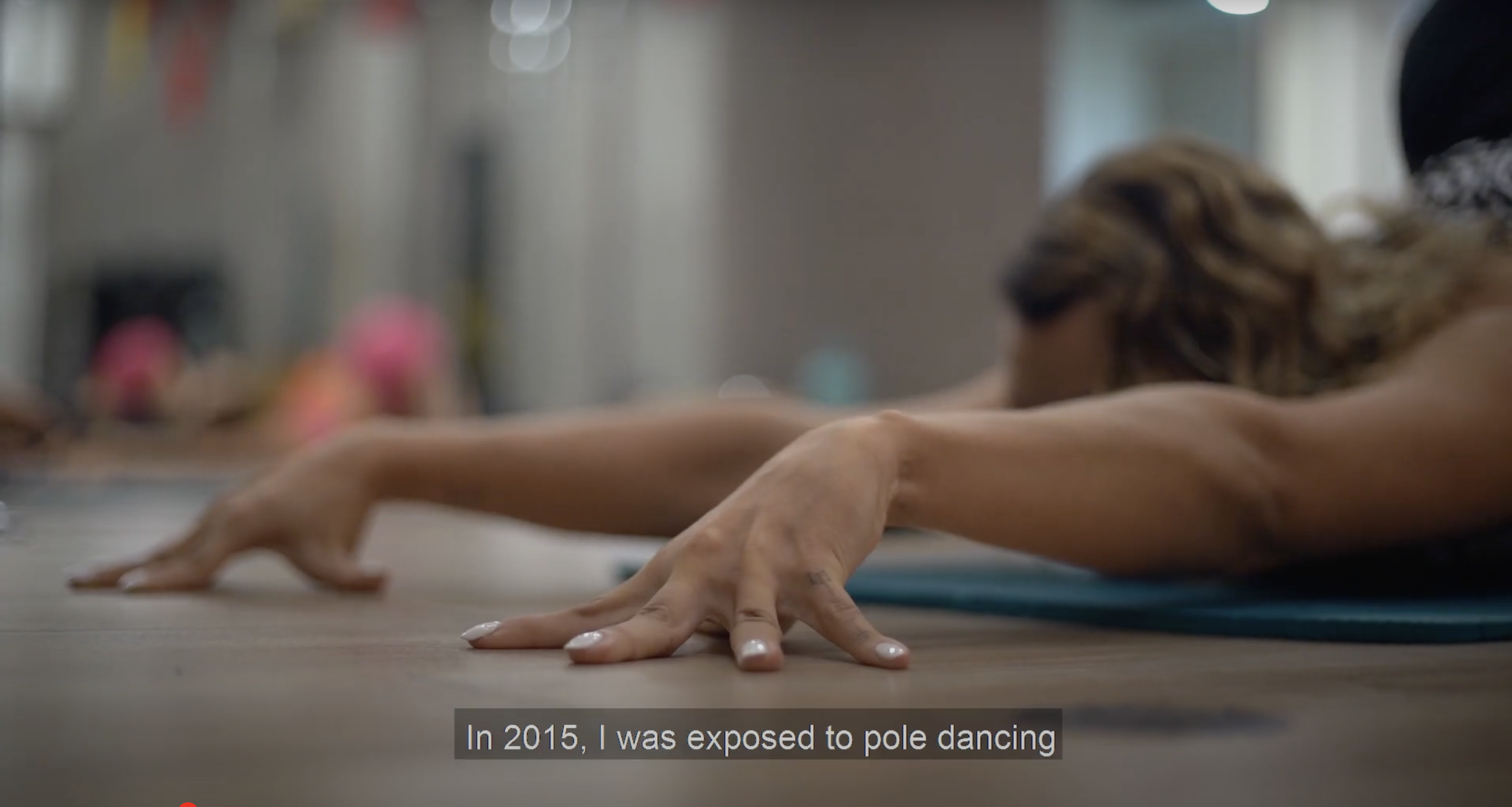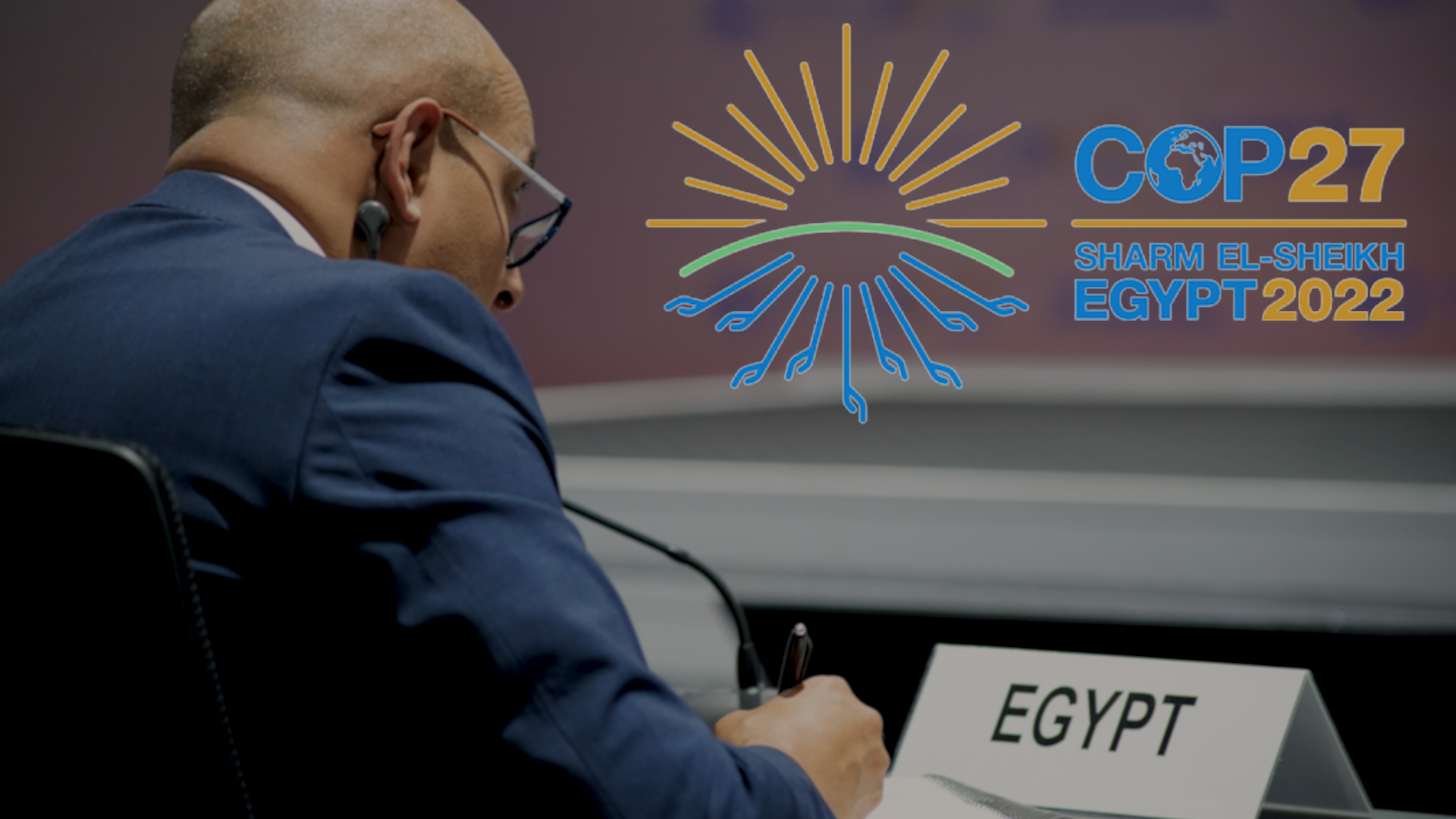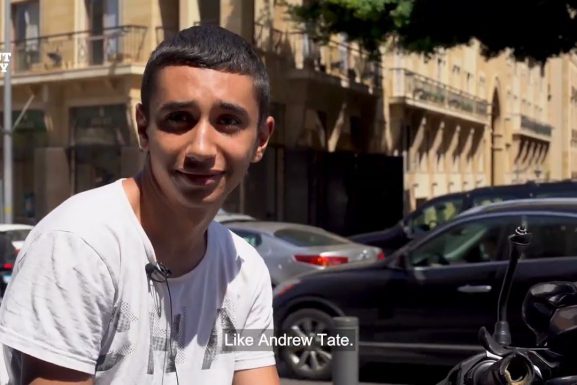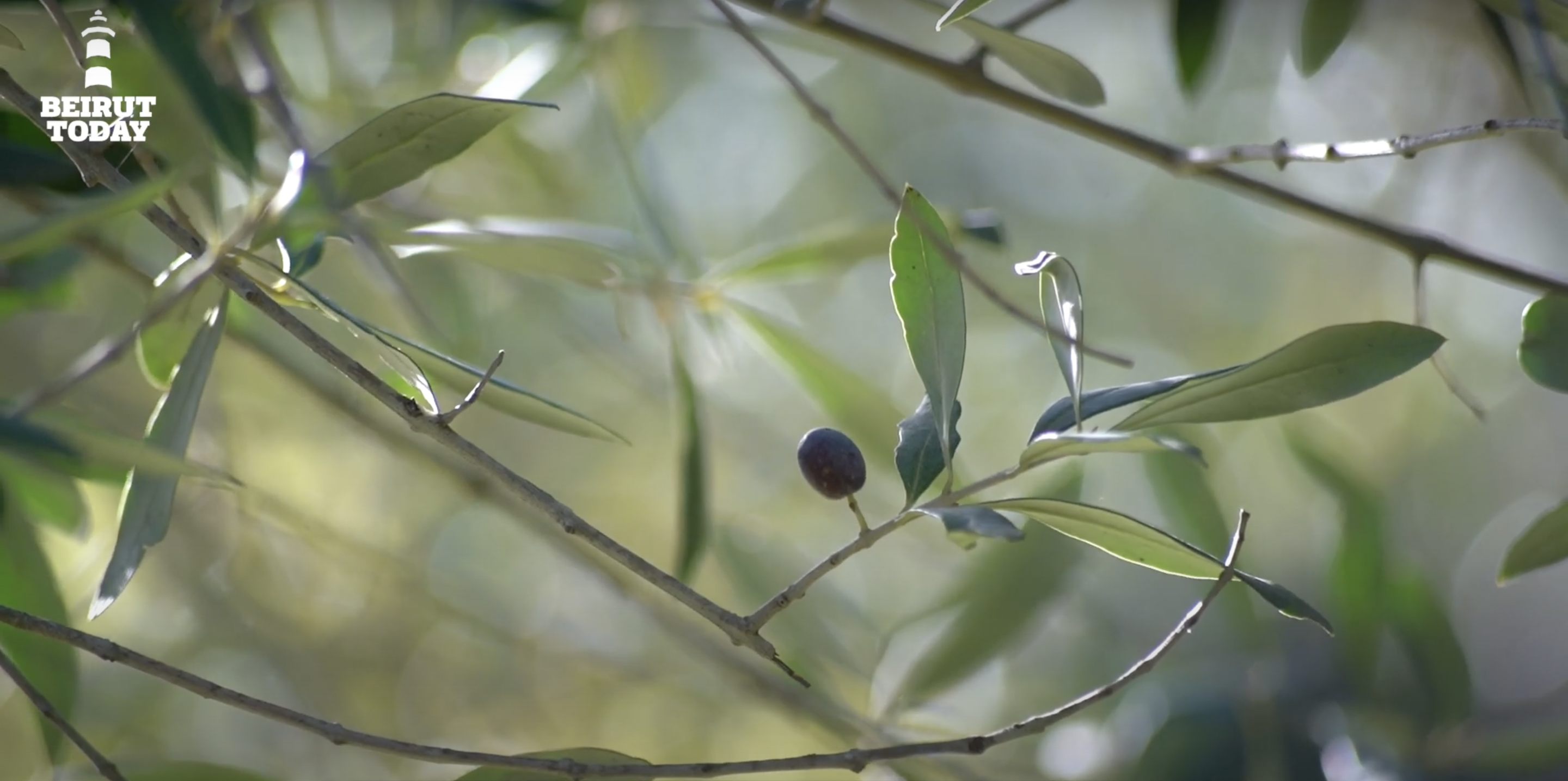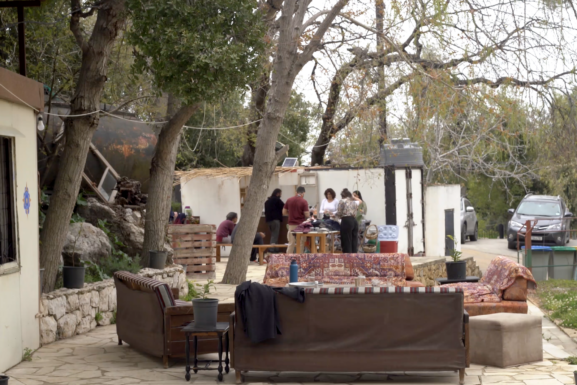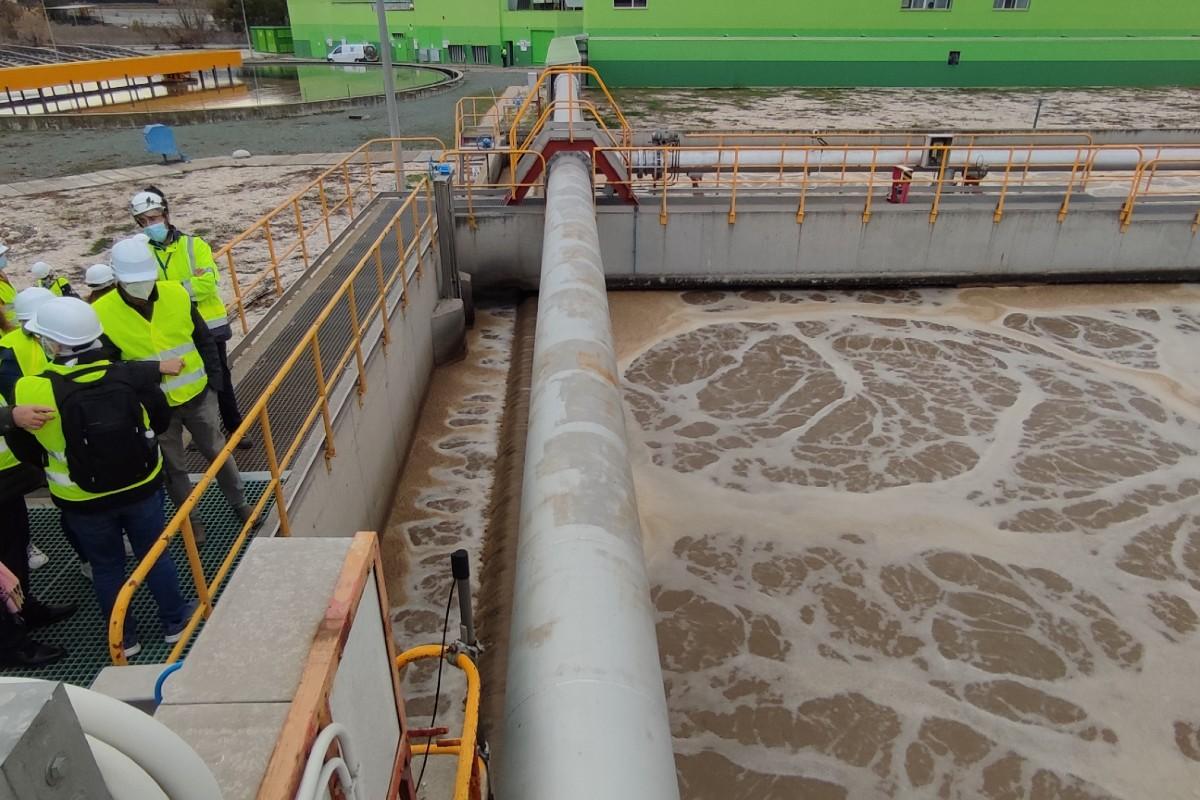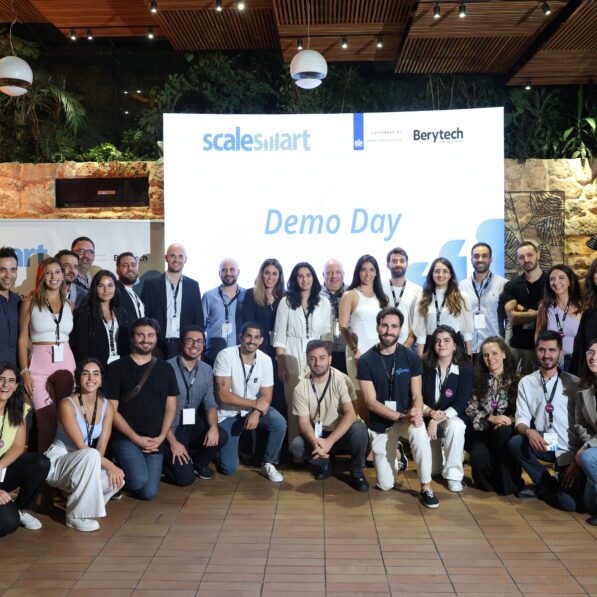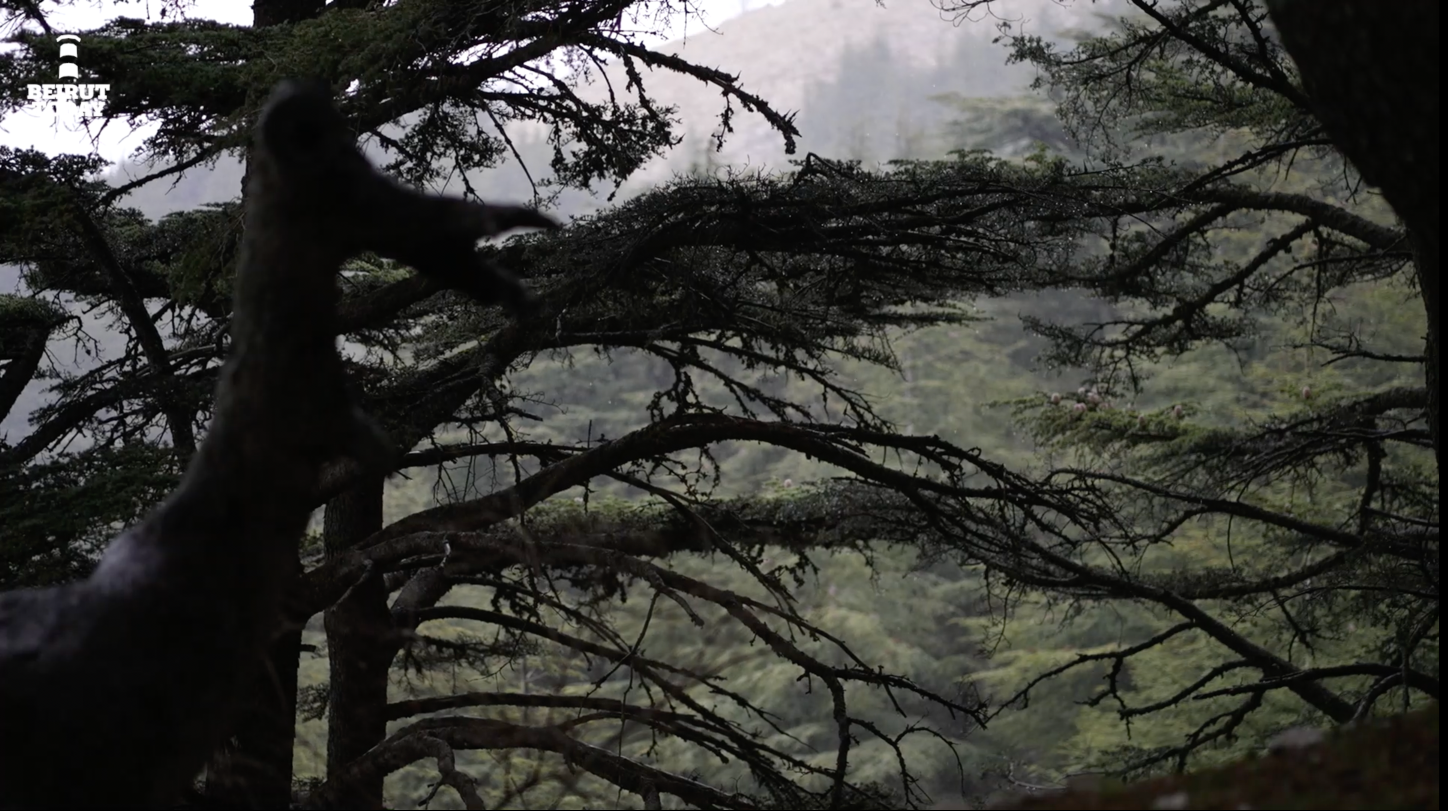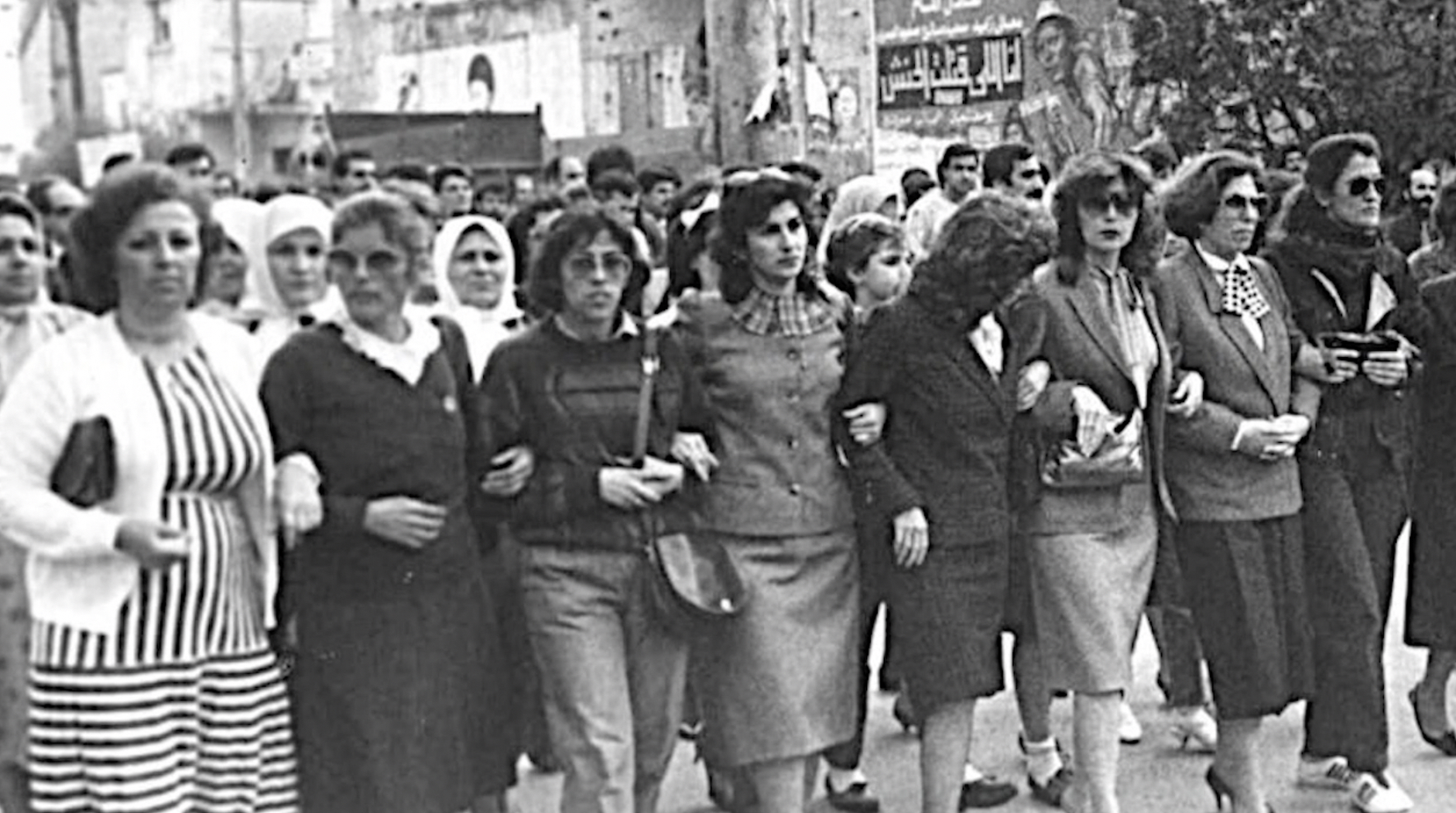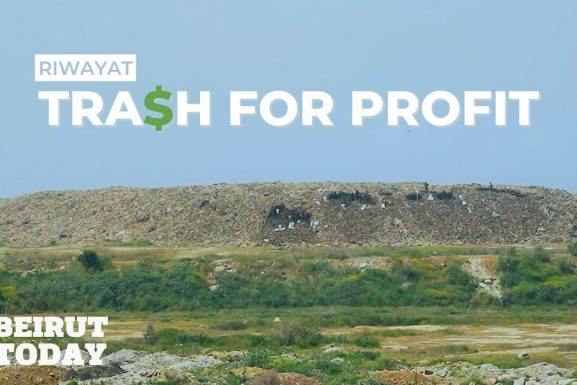Every year, winter brings with it a catastrophe for Beirut: Streets flood, roads cave in, sinkholes form, and whole buildings...
JoinedOctober 9, 2020
Articles58
Karem Monzer is a journalist, filmmaker, and artistic activist. He holds a BA in Communication Arts and MA in migration, using his degrees for documentary production and cinematography, scriptwriting, editing, and content creation. Through his work at Beirut Today, he seeks to peel the layers of communal struggle and delineate truths with imaginative and current affairs reporting.
Laura Ayoub happened upon pole dancing while on a trip in 2015, and immediately fell in love. In the years...
Beirut Today spoke to key stakeholders at COP27 about the impact of climate change on health. Thank you to the...
When a Wall Street Journal investigation concluded earlier this December that Israel had used white phosphorous munitions in southern Lebanon,...
Ardkon.com is an independent grassroots initiative designed to bring communities together while aiding social development. In this video, we sat...
On Episode 6 of Riwayat, Beirut Today speaks to experts about the wastewater management in Lebanon: why the system operates...
We ask the pros at LADE, FiftyFifty, and LTA for all the details on the violations recorded during Lebanon’s 2022 elections?
In a passionate showcase of entrepreneurial prowess, the stage was set for a night of innovation and celebration on Tuesday,...
With climate change an increasing looming threat, how can we protect Lebanon’s forests and preserve its agricultural heritage? In Episode...
This documentary explores women empowerment and its obstacles in the Lebanese political scene. Where were we? Where are we now?...
One man’s garbage is another man’s treasure. Short-sightedness and bad waste management practices have led to ever-growing landfills and piles...


